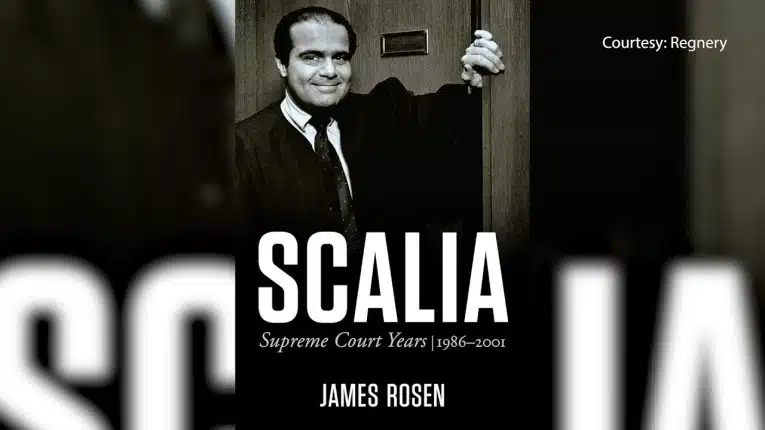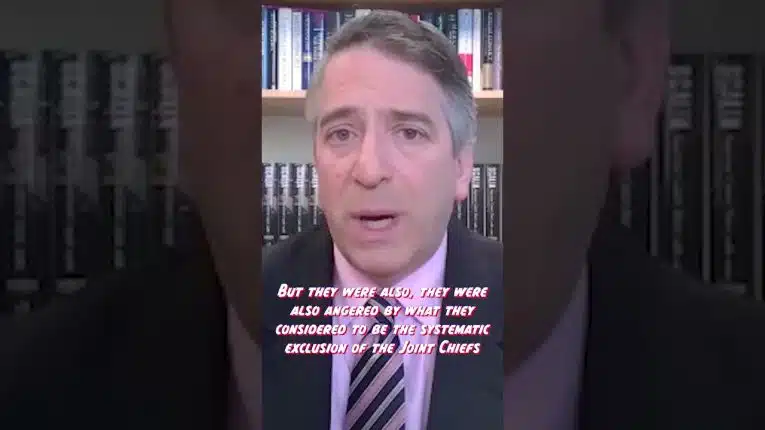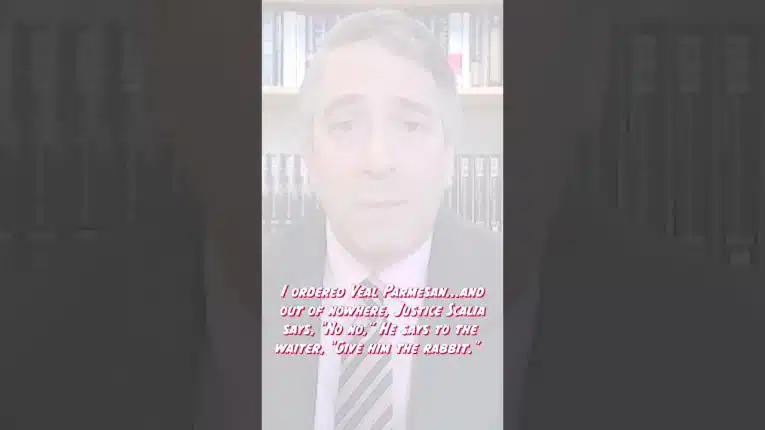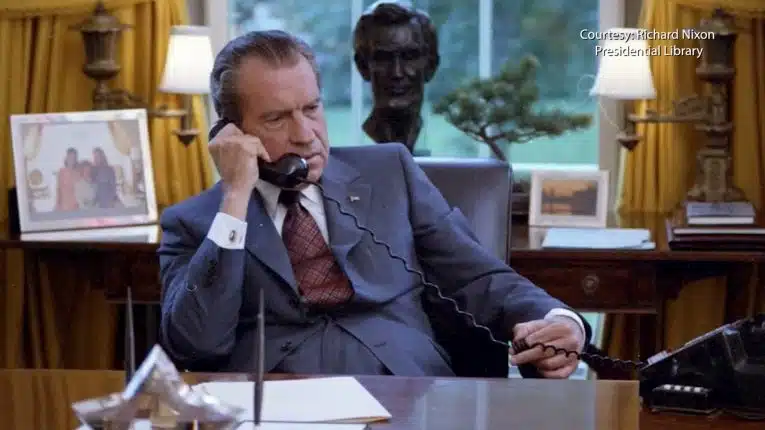
House Speaker Mike Johnson (R-La.) is blocking legislation in the House warning in an interview of “unintended consequences” that would result from dramatically reducing civil liability protections for online platforms, e-commerce stores, websites and other small businesses that are unable to comply with Federal Trade Commission (FTC) regulations and/or withstand civil suits from states that would be made free to pursue litigation against websites.
On Sept. 18, the House Energy and Commerce Committee marked up the so-called Kids Online Safety Act and Children and Teens’ Online Privacy Protection Act (COPPA), the proposed bills that erode some of the protections every website in the country with users enjoys under existing law including Section 230 of the Communications Decency Act.
In an interview with Punchbowl News, Johnson stated, “I love the principle, but the details of that are very problematic.”
Johnson’s statement came after House Majority Leader Steve Scalise (R-La.) raised a similar warning in starker terms, warning in an interview with the Washington Reporter that the proposals would give “more power to the Biden administration over censorship… and [to] go [after] conservative organizations, like pro-life groups.”
Under current law, every website that has users is protected under 47 U.S.C. Section 230(c)(1) which states, “No provider or user of an interactive computer service shall be treated as the publisher or speaker of any information provided by another information content provider.” This is the broad liability exemption that makes it possible for websites to host other people’s content without fear of being sued.
Subsections (c)(2)(a) and (c)(2)(b) form the other part of that protection, stating, “No provider or user of an interactive computer service shall be held liable on account of any action voluntarily taken in good faith to restrict access to or availability of material that the provider or user considers to be obscene, lewd, lascivious, filthy, excessively violent, harassing, or otherwise objectionable, whether or not such material is constitutionally protected any action taken to enable or make available to information content providers or others the technical means to restrict access to material described…” And this is the part that grants the companies power to remove content at their discretion they find objectionable, necessary to preserve First Amendment protections for the sites.
But this would change in large part under the new proposals. In Section 110 of the Kids Online Safety Act, civil actions may be brought by states against any “public-facing website, online service, online application, or mobile application that predominantly provides a community forum for user-generated content” including perceived “harms” allegedly inflicted upon users including minors: “In any case in which the attorney general of a State has reason to believe that a covered platform has violated or is violating section 103, 104, or 105, the State, as parens patriae, may bring a civil action on behalf of the residents of the State in a district court of the United States or a State court of appropriate jurisdiction…”
Some of those provisions that apply to every website with users would include Section 103’s providing that users the site “knows is a minor” the site must “limit the ability of other users or visitors to communicate with the minor” and to “limit design features that encourage or increase the frequency, time spent, or activity of minors on the covered platform” like “such as infinite scrolling, auto playing, rewards for time spent on the platform, notifications, badges, push alerts, and other interactive elements that result in compulsive usage of the covered platform by the minor…”
Since incentives to use websites, whether by adults or minors, are designed to facilitate commerce and ad revenue, and are standard practice, websites with users would be left with a choice: make two websites or applications, one for kids, and one for adults, bar kids from using the platform or go out of business.

This would require content filtration on behalf of minors and other highly expensive mechanisms that could harm small businesses from functioning on the internet at all and otherwise would raise serious First Amendment concerns because it would fundamentally alter the content being published on these websites and applications.
Scalise is right, by design, it will result in censorship and to Johnson’s point, it might not even be unintended.
And carrying out the provisions would be guidances and other regulations by the Federal Trade Commission against all websites and applications subject to the bill, which again, is any website with users, of which there are millions.
Websites and platforms might not know they were not properly complying until they are notified by the FTC or by a suit raised by a state, raising the specter of there being 51 different sets of rules governing 51 different internets in the country (50 states plus the federal version), wherein those rules will constantly be changing based on the next court case that came down. This will break the internet.
Robert Romano is the Vice President of Public Policy at Americans for Limited Government.






